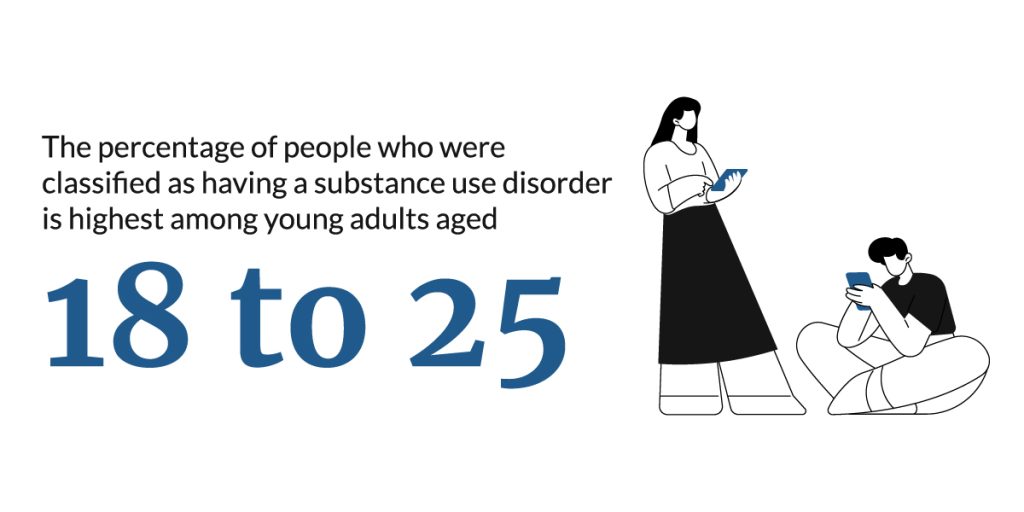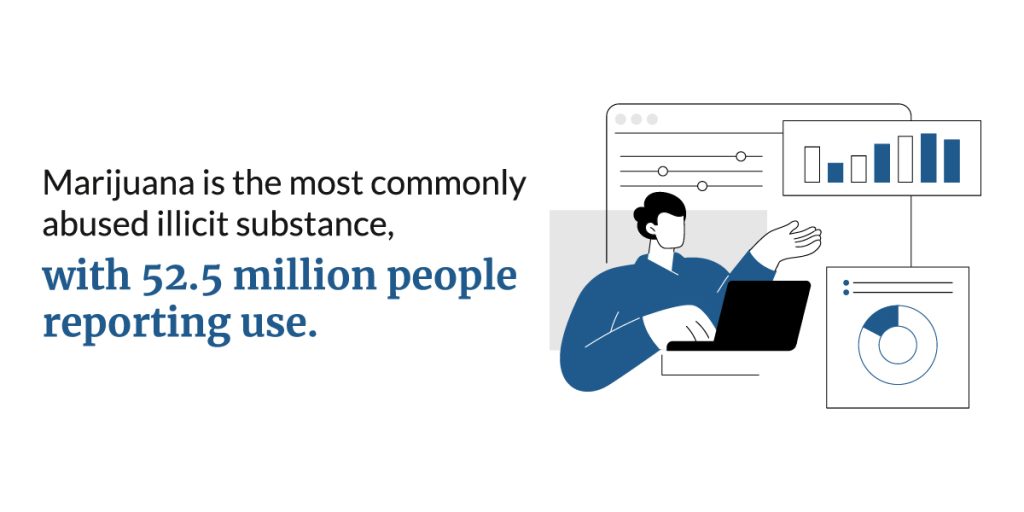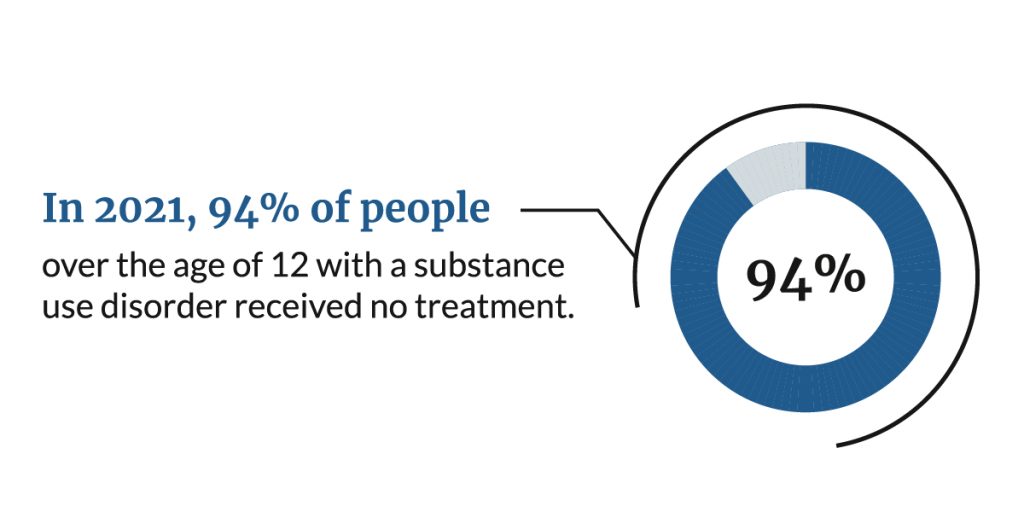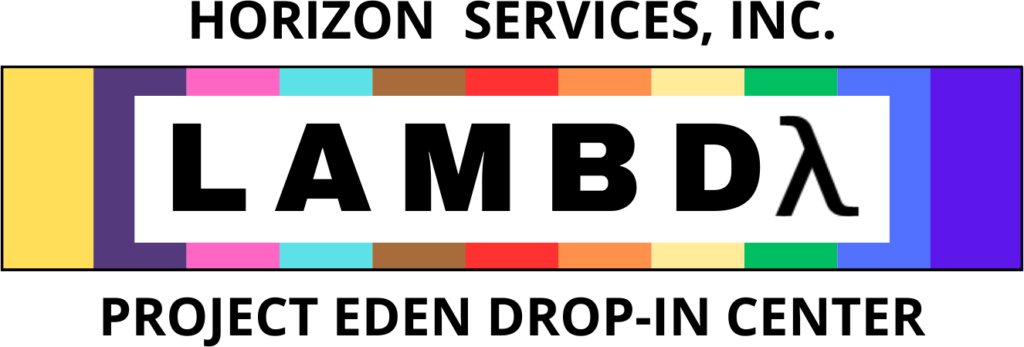What Is Court-Ordered Rehab?
When it comes to finding a treatment option for substance use disorders (SUD), you’ll find that there are several programs available for those who may need help. Counseling, medication, support groups, and court-ordered rehab are tools that people may use in order to work on getting sober and staying healthy.
Court-ordered rehab offers a combination of different types of treatment options. These can vary in terms of length and type, and they can also be conducted in an inpatient or outpatient setting.
These treatment centers offer a personalized approach to recovery for those who need court-mandated help and treatment following legal repercussions. It provides a second chance.

How Does Court-Ordered Rehab Work?
Different treatment centers may specialize in varying forms of care. Some centers focus on providing a traditional approach to recovering from a substance use disorder and addiction. On the other hand, some centers may focus on gender-specific treatment, a co-ed approach, holistic remedies, and more.
Typically, treatment occurs on a completely voluntary basis and it is against many treatment facilities’ policies to admit people against their will.
However, if you have gotten in trouble with the law or have hurt another as a result of your substance use disorder, you may be mandated to go to court-ordered rehab.
The Drug Treatment Process: an Overview
What Is Court-Ordered Rehab?
As mentioned above, entering into treatment is typically a voluntary action. With court-ordered rehab, however, it is mandatory. This is because it is a type of substance use disorder treatment that is ordered by a judge in the court during a hearing or sentencing.
It is included in the court ruling, just like an order to pay a fine or being sentenced to a certain amount of time in jail or prison.
Implications of Substance Use Disorder
Substance use disorder can change how an individual thinks, feels, and behaves. Depending on the substance and level of addiction, someone with an active substance use disorder may appear to be a completely different person than they once were.
This is because addiction can lead to impaired judgment and poor decision-making skills, along with actual brain changes as well. As a result, some people with substance use disorders may engage in crime as a result of their disorder.
Does Everyone Get Mandated With Court-Ordered Rehab?
These brain changes also mean that the individual who commits the crime may otherwise have no prior charges or arrest, and their record may otherwise demonstrate upstanding behavior. If this is the case, some judges may order addiction treatment instead of or in conjunction to other sentencing.
Court-ordered rehab is typically reserved for non-violent crimes that occurred in correlation to or as a direct result of substance use disorder.
ACEs and Court-Ordered Rehab
Those who were subject to ACEs as a child, or Adverse Childhood Experiences, may be more likely to develop substance use disorders later in life.
This may lead to them potentially being mandated to attend court-ordered rehab at some point in their lives, depending on the severity and type of their substance use disorder. It’s important to be aware of how ACEs may impact both children and adults’ lives in order to make sure they get the help they need.
Adverse Childhood Experiences
https://youtube.com/watch?v=VMpIi-4CZK0%3Fcontrols%3D1%26rel%3D0%26playsinline%3D0%26modestbranding%3D0%26autoplay%3D0%26enablejsapi%3D1%26origin%3Dhttps%253A%252F%252Fwww.horizonservices.org%26widgetid%3D3
What Is Court-Ordered Rehab Used For?
Previously, crimes that occurred as a result of substance use disorders were treated the same as any other crime and simply meant that people were only sent to jail.
However, in more recent years, studies have allowed for researchers to better understand the proper way to handle substance use crimes.1
Court-Ordered Rehab: An Opportunity for Healing
Studies have shown that individuals who receive addiction treatment either alone or in combination with a sentence are less likely to have repeated offenses than those who receive only a sentence or no sentencing at all.2
As a result, court-ordered rehab is used as a way to reduce crime while also providing meaningful consequences focused on bettering someone’s life rather than just punishing them.
With this type of sentencing, individuals face the natural consequence of substance use disorders, which is the need to undergo treatment for recovery. This helps reduce rates of relapse while also guiding individuals who may otherwise not have the means to seek recovery.
Court-Ordered Rehab: An Overview
https://youtube.com/watch?v=TUpSFlZ44aw%3Fcontrols%3D1%26rel%3D0%26playsinline%3D0%26modestbranding%3D0%26autoplay%3D0%26enablejsapi%3D1%26origin%3Dhttps%253A%252F%252Fwww.horizonservices.org%26widgetid%3D5
Types of Court-Ordered Rehab
There are several different types of court-ordered rehab. Each type has different requirements, varying structures, and a different way of approaching substance use disorder and addiction.
Accelerated Pretrial Treatment
This type of court-ordered rehab often has the strictest requirements. In order for someone to attend an accelerated pretrial treatment program, they cannot have attended a similar program previously. The individual also cannot have committed a felony.
Once the individual completes their mandatory treatment program, it is not uncommon to see their charges reduced or dropped altogether.
Educational Programs
Educational programs are the most common form of mandatory treatment. Typically, if court-ordered rehab is a part of the sentencing, it will be an educational program. This is because they are the most accessible form of treatment for many people.
There are fewer limitations on educational programs than in other types of treatment. Educational programs are available most commonly to those who are charged with driving under the influence.
Educational programs tend to last anywhere from 10 to 15 weeks. After the course is successfully completed, the court files may be sealed and the charges against the individual will be dismissed or reduced.
Group Counseling Programs
Group counseling programs are the second most commonly mandated treatment option. Usually, group counseling programs are based on a 12-step model, such as Alcoholics Anonymous.
However, this isn’t the only form of group counseling. In recent years, new types have developed, some straying away from the traditional 12-step model and spiritual approach.
Residential Counseling
Residential counseling is often the most long-term and intense program. It involves an extended stay at a facility where the individual can receive treatment for substance use disorders.
Although it is most often used within the larger prison system, individuals in residential counseling are separated from the rest of the general population of the prison.
Detox and Inpatient Treatment Programs
Lastly, there are also detox and inpatient programs. This is a form of treatment in between residential treatment and other options. Here, the individual has to stay in an inpatient facility. They will undergo detox and spend some time in treatment in order to recover.
Detox and inpatient programs are often paired with community service or educational programs. This is a common approach for those with no charges seeking treatment as well.3

Court-Ordered Rehab as a Treatment
One reason that mandated treatment is often favored over prison or jail time is because of its ability to help those convicted of drug-related crimes prepare for re-entry into daily life. However, beyond serving as a beneficial tool for correction, it is also an essential treatment for substance use disorders.4
How Does One Get Sentenced to Mandated Treatment?
Further Info on Mandated Treatment
This means evaluating the individual to see if substance use left them unable to control their actions and behaviors. It is also important to determine if the individual has any additional health problems, whether mental or physical, as a result of a substance use disorder.
What Happens Next?
After the screening evaluation is conducted, it is possible to request mandated treatment in place of a prison sentence. If the evaluation determines a crisis, such as if the individual is a threat to themselves or others, then an emergency hearing can occur. Otherwise, the individual attends their hearing as previously scheduled.
It is at the hearing that the formal request can be made. While the individual, their loved ones, the defendant’s attorney, and evaluation specialist all provide information, it is ultimately up to the judge. Although treatment can allow for charges to be dismissed or dropped, it isn’t an instant process.
Scope of SUD
Mandated treatment is beneficial in treating drug and alcohol use disorders. 46.3 million people over the age of 12 in the United States meet the criteria for having a substance use disorder. Mandated treatment is a useful tool in treating substance use disorders and symptoms.5

Why Is Court-Ordered Rehab Important?
Substance use disorder is a complex mental health disorder that can impact or change the way someone thinks, feels, or behaves. There are many factors and aspects that apply to substance use disorder, some of which still aren’t entirely understood by scientists.
Because of this, it can be difficult to understand substance use disorders. It can be even more difficult to determine the right course of action for a crime when and if substances are involved. This is especially true given the nature of addiction and its resulting symptoms.
How Does Withdrawal Affect This?
Withdrawal can be dangerous when not done in a safe, medical environment. As a result, prison can lead to possibly life-threatening situations without proper treatment. This also doesn’t address the root of the crime, which often lies in the character-altering effects of substance use disorders.
Mandatory Treatment: An Opportunity, Not Just a Punishment
Mandatory treatment is important as it addresses both the crime and its cause, rather than simply punishing the individual without resolving the conflict.6

Frequently Asked Questions About Court-Ordered Rehab
There is a lot to know about mandated treatment, especially in preparation for a possible hearing. Here are some of the most frequently asked questions and their answers to help you better understand this form of treatment.
Who Is Eligible For Court-Ordered Rehab?
Even though substances may be involved in a crime, not everyone is eligible to receive court-ordered rehab rather than prison sentencing.
There are several other factors involved, with some of the criteria being that the crime didn’t include violence, that court-ordered treatment is thought to be beneficial, and that drugs or alcohol were either a direct or indirect reason the crime was committed.
Who Pays For Mandated Treatment?
Finances are often a concern when it comes to court-ordered rehab. In the case of mandatory treatment, it is up to the defendant to pay for treatment, not the court system, despite it being mandated and often against the person’s wishes.
However, individuals in non-mandatory treatment are able to choose which treatment center to attend. This means that they can choose a center that aligns with their insurance plan, offers a payment plan, or has reduced payments for qualifying patients.
What Happens in Court-Ordered Rehab?
While you now know what happens prior to and during sentencing for court-ordered rehab, it can leave questions about what happens afterward.
First, when court-ordered rehab is ordered, a treatment team and plan is created. This team is created within the courts, but it includes many different individuals. For court-ordered rehab, the treatment team is often made up of:
- Overseeing judges
- Attorneys
- Case managers
- Healthcare providers
- Counselors
This team has two jobs: ensuring that the individual has an effective treatment plan that meets their needs and ensuring that the individual is complying with court orders.
Not only that, however, but the team is designed to be a support system for the individual and their family. The treatment team is there to help bolster the rate of a successful recovery. They’re also there to offer support and encouragement during this time period.
How Long Is Court-Ordered Rehab?
There is no single timeline for court-ordered rehab. This is because there are many different types of mandatory treatment, with each one having its own estimated timeline. It also often depends on the needs of the individual and their symptoms.
However, for shorter programs, you can expect them to last anywhere from 10 to 15 weeks. Longer programs, such as residential treatment, may last for months after that, depending on the severity of the person’s substance use disorder.
What Happens If You Fail to Complete Court-Ordered Rehab?
Treatment isn’t always successful the first time. However, when it comes to court-ordered rehab, failing to complete treatment isn’t the same as for individuals who sought out recovery on their own.
If you receive a mandatory treatment sentence from a judge, you must complete the program. This is the same as a prison sentence: it must be completed as determined by the courts.
If anyone who is sentenced to court-ordered rehab fails to complete their program, they will then return to the court. Here, they may face prosecution, with mandated treatment often not being an option anymore.

Horizon Treatment Services Can Help
Navigating court-ordered rehab can be challenging, especially if you are unfamiliar with this process. However, at Horizon Treatment Services, we’re determined to help guide you along your recovery journey, no matter the circumstances.
We are invested in working to prevent substance use disorder by providing comprehensive and holistic treatment.
Making sure that individuals receive the compassion, support, and healing they need during the recovery process is our number one concern. We will work with you every step of the way throughout your healing process.
What Can We Offer?
Horizon Treatment Services can provide multiple avenues for court-ordered rehab, such as:
- Chrysalis: This is a home-like living environment tailored to meet the needs of women 18 and older with mental health or substance use disorder. We provide counseling, skill building, and individualized treatment.
- Project Eden Adult Outpatient: This program provides educational and counseling approaches to those in court-ordered rehab. We can provide progress notes and court letters as needed.
Reach Out and Begin Healing
If you or a loved one are struggling with a substance use disorder, we are here to help you work through this difficult time. We can answer any questions about court-ordered rehab you may have.
Family, friends, and loved ones can also take steps towards helping others learn how ACEs, substance use disorder, and other issues may impact their lives.
Together, we can work towards creating a healthier and happier environment for those with substance use disorder. Get in touch with Horizon Treatment Services today for holistic and comprehensive care.
Resources
1https://www.apa.org/monitor/julaug03/rehab
2https://www.ncbi.nlm.nih.gov/pmc/articles/PMC7587467/
3http://13.67.75.196/index.php/life-and-science/article/view/94
4https://journals.sagepub.com/doi/pdf/10.1177/1748895818800743








